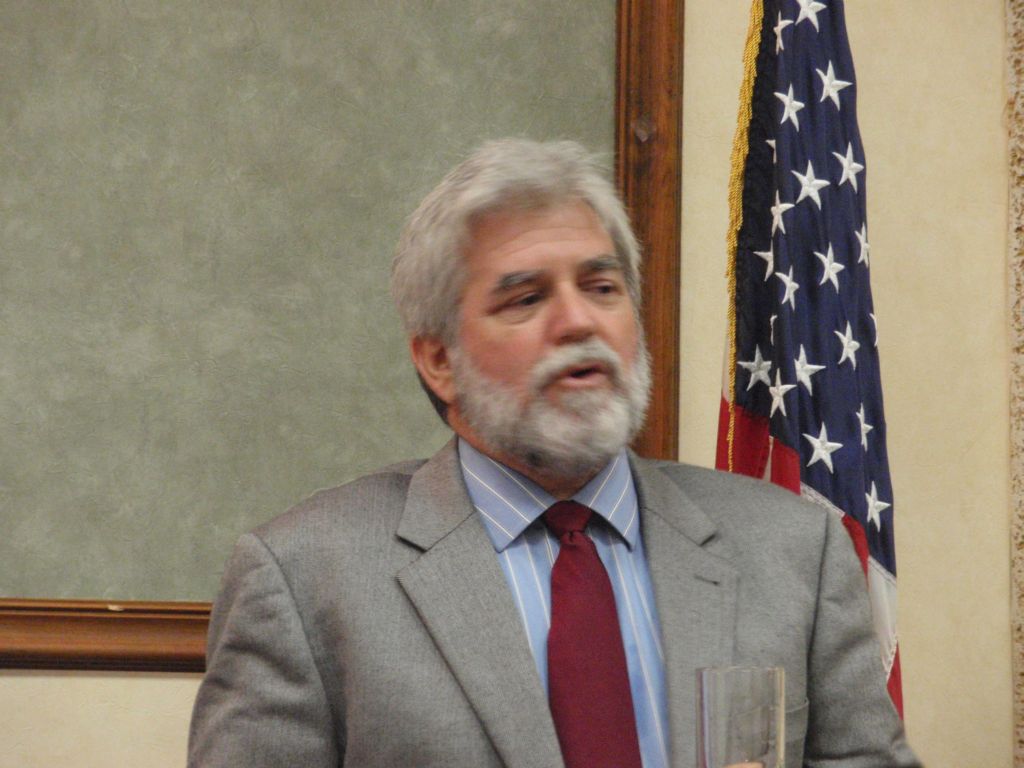

The territory spent $21 million on direct subsidies in the years 2005-2007, Finch said, compared to $43 million in 2010. He expects the amount to soar to $50 million by 2012.
More than 26,000 people and 10,800 families—or almost a quarter of the population—are receiving assistance through the program, Finch said.
He is quick to point out that absent a living wage in the territory, subsidies for the basics such as food, health and child care, and transportation and housing are necessities.
“There should be no shame in taking advantage of a program in a system that was created for that purpose,” Finch said in a short interview after the meeting at Windward Passage on St. Thomas.
Also, assets are no longer included in the criteria for assistance, only income.
“If you had a car, it would actually hurt your eligibility,” he said, adding, “No one is coming to us with a million dollar house saying ‘I have no income.’”
The U.S. Virgin Islands ranked fifth highest in percent of increase in 2009 in the food stamp program out of all the other states and territories. It was number one in what is known as the mid-Atlantic region, Finch said.
In a small survey Fitch conducted, in which he had people in 15 places around the country purchase a grocery basket of similar items, he found that the territory was at the top of another list: highest food prices.
A $90 basket on St. Thomas and St. Croix cost $110 on St. John, if you could find the items, he said. Those same groceries were $48 in San Antonio, Tex., $50 in Phoenix, Ariz., $65 in Washington, D.C., and $71 in Boston.
“The only place that was higher,” he said, “was Hawaii.”
When an economy tanks, human services agencies are left with providing basic needs for the community’s less-fortunate residents.
In the territory, the V.I. Human Services Department is supporting the elderly with 1,000 meals a day, developing new programs to bring fathers back into families, assisting senior citizens with paid employment to help them get their Social Security benefits, supporting Head Start and other day care centers, and partnering with United Way in helping the homeless.
But Finch told Rotarians Tuesday that it takes private organizations as well to fill the gaps. With cuts in social welfare spending at an all-time high, it is not surprising that the 2010 census has found families living in poverty are also increasing at record levels.
Finch, however, spoke only on a positive note about his plans for effective programs to beat back the causes of poverty: fatherless families, teen pregnancy, lack of education and unemployment.
It’s a good thing we have the Organizer in the White House – bringing us all this hope and change. Not much “hope” and only pocket “change.” If he has a clue, he’s hiding it well. It’s not going to get better until he goes back to the Chicago “hood.”